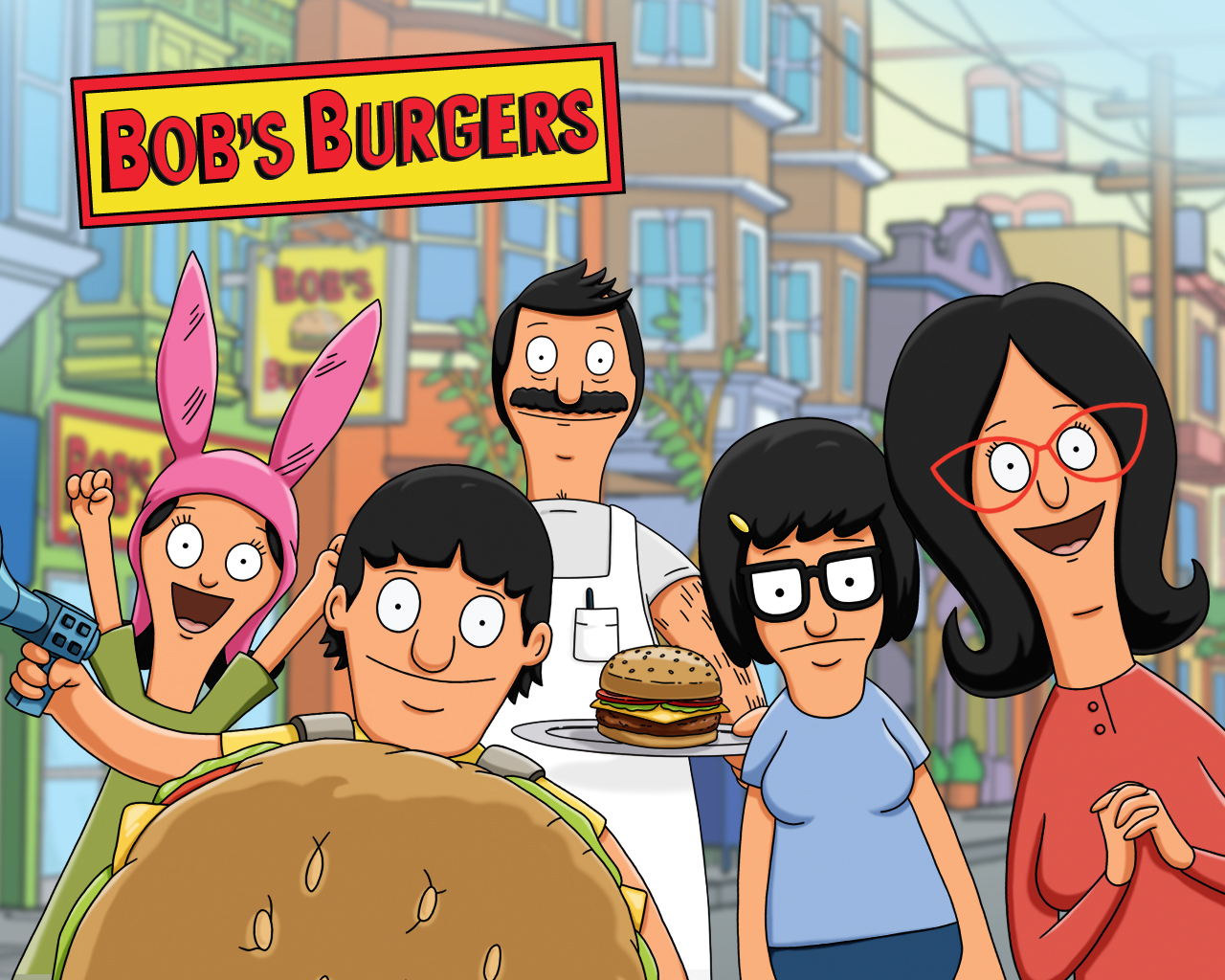English Dub Season Review Magical Sempai Season One
Magical Sempai is a lot of things. It’s a coming of age story, a high school rom-com, an incest-focused after school special, and an English-dubbed Japanese anime, to name just a few. But at its heart, Sempai is a show about magic. Not just close-up magic involving balls, rings, doves, rabbits, and twine, but also the magic of discovering the unlimited beauty this world has to offer.
Assistant begins this series as a high school lad who’s only interested in two things: scoring with the ladies, and finding an after-school club. The latter is easy; no matter how much he protests, the boy is a magic fan. This was proven beyond a shadow of a doubt when he briefly quit the Magic club for the more mainstream Chemistry club. While Assistant and Chemistry girl got along fairly well, their professional association didn’t last long. Within a fortnight, he was back in Magic club as if he and Sempai hadn’t missed a beat.
While Assistant is generally the audience’s POV character, the most interesting and fleshed-out member of the cast has got to be the flawlessly optimistic Sempai. This girl is obsessed with magic. If everybody in the world could find something they adore as much as Sempai adores prestidigitation, there’d be peace on Earth within a month.
The funny thing about Sempai’s journey is that, like Assistant, she also desperately wants two things: to succeed as a magician and for people to join her magic club. This creates a unique problem. While Sempai is quite skilled at magic, she cannot perform in front of people. Even when she has only one person watching her—which she does for the majority of the season—she flubs even the simplest of tricks—I’m sorry, I mean ILLUSIONS!
Alas, every action has an equal and (opposite?) reaction. So, whenever Sempai fails at magic, she usually winds up losing a portion of her clothing and becomes an unwitting exhibitionist. These sexy faux pas are what initially attract Assistant to the magic club; however, he stays because he and Sempai develop a beautiful bond. They don’t fall in love—despite a few sitcom-esque close calls—rather, they ease into a rewarding, yet awkward friendship.
As this show progresses, there will be a bombardment of “will they or won’t they” scenarios between the two leads, but their dynamic will only work if the relationship remains platonic. If you don’t believe me, look no further than the 1980s, barroom-based sitcom, Cheers. They played fast and loose with sexual tensions for many years, but as soon as Sam and Diane got together, the driving force of the plot staggered and eventually came to a dissatisfying halt.
Mythologist, Joseph Campbell devised what is known as the Hero’s Journey. In the most simplistic terms, this theory—or Monomyth as he liked to call it—stated that all compelling stories follow an eerily similar pattern. A hero must first accept a challenge, work to accomplish the feat, fail, retry, and return to normalcy a changed and better person. Therefore, Cheers and Magical Sempai are the exact same show. However, unlike Cheers, which ended its run in 1993, Magical Sempai has the ability to succeed with Sempai and Assistant in the same realm where Sam and Diane failed.
Heavy is the head the wears the crown, Magical Sempai. Go, prosper, and do right by your adoring fans.
There are other aspects that fill out this 12-minute, multi-storied program. The most prominent involves the livelihood of Sempai’s precious club. Like many great dramas, Sempai is constantly in the midst of losing that which she loves most. Because the magic club starts out with only two members, the high school isn’t keen on legitimizing them. Even though our heroine tries very hard, everybody in her orbit wants to shoot her down. Even her big sister—who is a teacher at the school, and later becomes the club’s faculty adviser—seems to get a kick out of watching her sibling fail.
Assistant also starts out as a semi-antagonist until Sempai wins over his affections. The same goes for Saki and Masa. At first they’re indifferent toward our favorite magician, but soon they become just as invested as Assistant, and they too develop a friendship with Sempai. Chemistry girl, whose lab is right next door, also needs to be won over by the magic club. In the beginning she sees them as a bunch of jagoffs who care more about exploring each other’s bodies than running a legit extracurricular club. However, after one weekend at the beach, her opinions drastically change. It turns out, Assistant has an enormous heart, Sempai is an endearing optimist, and even the incest twins are non-threatening from a safe distance.
Magical Sempai is a weird show. Nobody is ever going to disagree with you about that. But once its layers are peeled back, and the audience is given the chance to peer below its surface, they’ll soon discover this program has much more to offer than cheeky fan service.

























Just cancel this bird already. The chicken is beyond cooked. It's burnt to a crisp.